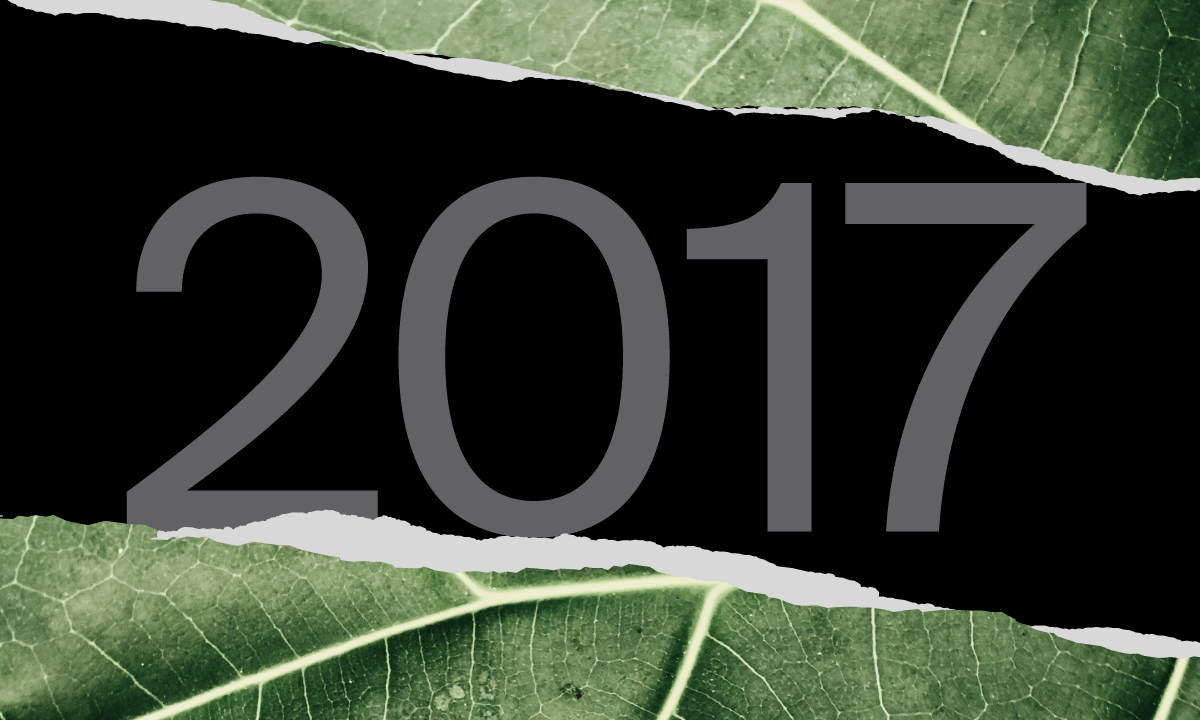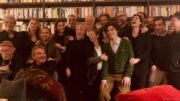The deadlock at Rai – denounced by the board members CarloFreccero and Paolo Messa in an open letter sent to the Italian newspaper Il Corriere della Sera – crippling the preparation of the fall schedule moves closer to the TV series. On the one hand, Rai Fiction’s product has never been more appreciated by audience (ratings weren’t so high from 2007), on the other, they start to talk about serious delays on the approval of contracts. There are sets opening and the producer did not even started negotiations. There are also halted productions: works which obtained editorial permission for months but they didn’t obtain the formal one to proceed in developing their projects.
This situation spares neither strategic TV series. Rai2’s last fall’s big success Rocco Schiavone, for instance: the second season was supposed to be broadcasted in the spring of next year and production was supposed to start shooting in fall. The risk of a postponement is real, since there’s still no written screenplay right now. It was not possible to advance the agreement for mobilising the project so that the producer can’t sign contracts to screenwriters, therefore the permission from Rai is required. If production did this without approval, it could pay a penalty.
This is a paradoxical Rai and the biggest paradox is the decision-making hesitation tied to the ceiling of remuneration for the artists: this hesitation halted almost everything, including the TV series, and the deputy commissioner of Aosta (played by Marco Giallini) is paying the price of this too, along with other contracts.
Although Rai has not direct relationships with actors and authors who are managed by producers, someone argued that the series was part of the deal because the network authorizes payments. As a precaution, contracts have not been renewed, even if Rai is resolving the deadlock while we’re writing.
This ceiling thing has further exacerbated the already difficult situation which is determined by the change of decision-making and organisational procedures of TV series: for every single project, the director TinniAndreatta calls for the approval to CEO without passing through the annual production plan they used to do in the past. Thanks to his new ‘superpowers’, Antonio Campo Dall’Ortohas approved it to bypass the board and avoid cross-fire vetoes and haggling they used to happen previously. Therefore, he takes the final decision from time to time after acquiring the approval from Marcello Ciannamea, the schedule programming director, and CFO Raffaele Agrusti. Thereafter, they can draw up a contract with the producer.
The new procedure has undoubtedly speeded up the process, the question is if it’s more efficient or not. The new President of the Association of Television Producers Giancarlo Leone disagrees with this and has put the necessity of an annual plan for TV series at the top of his work schedule and has opened the debate with Rai on this topic.
Until Luigi Gubitosi was CEO, Andreatta was obliged to present the following year’s TV series plan within December. This plan included titles, studios and prices and it was subject to the approval of the board. This process obliged Rai Fiction to identify projects in plenty of time and, plus, to communicate it to producers. By December it was clear which contracts would have been made and it was possible to open and close negotiations in good time before the implementation of the projects. Now that there are discretionary times, producers usually find out to have a green light close to the first shot and it’s clear that all of this creates obstructions and criticalities. Moreover, the annual plan has been abolished but the related business processes haven’t been modified and they remain in force.
And then finally, who chooses the product and who draws up contracts are two different worlds going different ways in the factory of Rai TV series. If it can be good for Rai, which can negotiate as best possible with the logic of good cop and bad cop, then it’s a problem for producers who, after dealing with one part, they start over from the other one.
Reboots and remakes are popular in Europe and the Rai2 director IlariaDallatana is good at following trends. Therefore, after the risky return of Furore, here’s the reboot of Camera Cafè, a French TV format very original and fun at the time: from 2003 to 2012 five seasons were broadcasted on Italia 1, the young network of Mediaset. First example of hybrid series with static shot, low costs and surreal and blazing dialogues. The format structure will remain the same and the two main protagonists Luca and Paolo (comedians Luca Bizzarri and Paolo Kessisoglu) will come back, fresh from the TV series Immaturi for the fall of Canale 5. However, this time Camera Cafè loses its original network (Italia 1) and moves to Rai2, which increasingly threatens the competitor with the charm of a surprising and challenging network. Magnolia, which had discovered the successful format in Italy but doesn’t have rights to it anymore, have passed the torch to Zero Studio by Matteo Scortegagna, former CCO of Magnolia and Zodiac Active, now freelance producer.ITC 2000 founder Beppe Caschetto, very popular at Rai, is the element of continuity and as Luca and Paolo’s agent co-produced the Tv series since its origin and found breeding ground at Rai2 direction, because Dallatana was the one who made it at the time when she was CEO at Magnolia. It makes sense if you think that Caschetto has a share in Scortegagna’s Zero Studios. Shots will start soon and it will be directed by Maurizio Gasparetto, writer and director in Milan, who had directed the last two editions. It should be broadcasted with the new fall schedules but it’s still unclear and there’s the possibility to insert it right before the primetime show.
Non Uccidere will come back in June with new episodes: the Wildslide’sTV series about murders happening in the domestic environment. You should switch on Rai2 to watch it, instead of Rai3. Along with the Tour of Italy, Non Uccidere is the second Rai3 product moving to Dallatana’s network. It’s clear that Rai wants to protect a less traditional product which was approved by critics at its debut, but audience didn’t agree with them. Rai had courageously decided not to let the format die, also because a detective series set ina frozen and dark Turin drew the attention of international televisions and distributors. Therefore, the second season was modified and written with 50-minute episodes (the international standard length) instead of 100 minutes. The series, which has Miriam Leone’s performance as key strength (the actress is on the screens of Sky with 1993 these weeks), has an important industrial value because it’s made at Rai Studios in Turin using workforce and in-house specialists.




